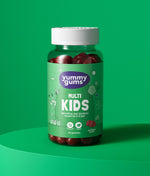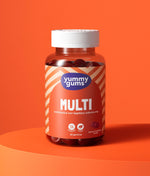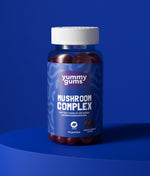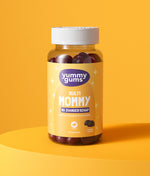What is maltitol and is it bad for you?
Vitamines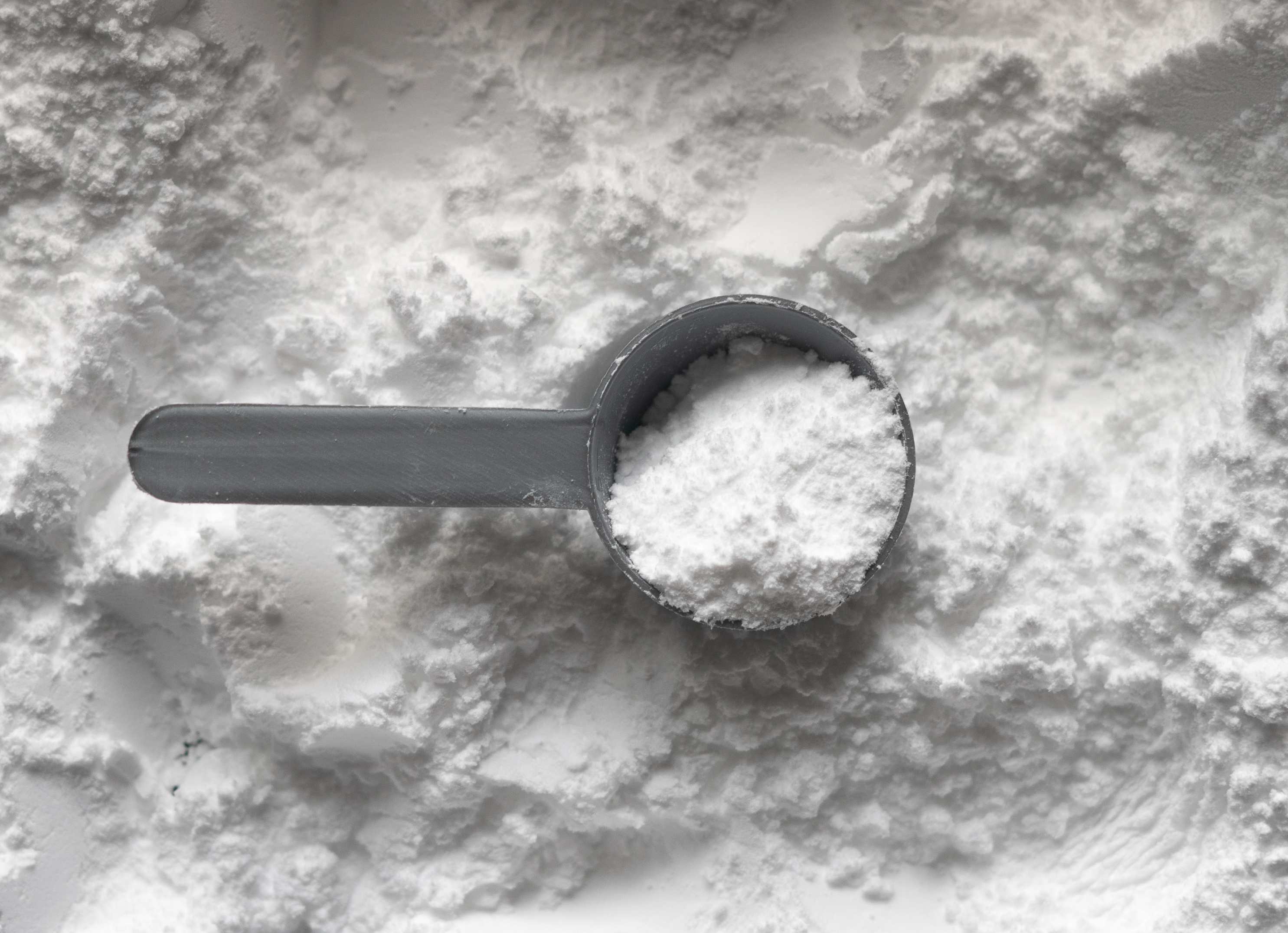
Over the years, the aversion to sugar has grown enormously, and more and more sugar-free products are appearing on the market. More and more sweeteners are appearing on the market, yet many are still being negatively portrayed. Stories circulate that sweeteners like maltitol significantly increase the risk of cancer and all sorts of unpleasant health conditions. However, concrete evidence to support these claims is often lacking.
Can maltitol be harmful to your body? We investigated.
What is maltitiol?
Maltitol is a sugar alcohol derived from wheat and corn. Sugar alcohols, also called polyols, are also found in various fruits and vegetables. It comes in powder form and as syrup. Maltitol tastes similar to sucrose, but its calorie content is much lower, at around 2.4 kcal per gram.
The benefits of maltitiol
Maltitol significantly reduces the sugar content in many products. Compared to sugar, maltitol contains about half the calories. Many also say it doesn't have the "nasty bitter aftertaste" that many sugar substitutes do.
In this way, using maltitol can make it easier to maintain a low-calorie diet. It has a less severe effect on your blood sugar levels and is therefore also a good option for people with diabetes. Another advantage is that maltitol doesn't damage your teeth, which is why you often find this sweetener in products like toothpaste, chewing gum, and mouthwash.
Are there any disadvantages?
Because maltitol is considered a carbohydrate and therefore has a glycemic index, people with diabetes still need to be careful with the amount they consume. However, maltitol isn't fully absorbed by the body, and this causes your insulin levels to rise more slowly than with sugar.
Maltitol is digested differently by individual; some people with sensitive gastrointestinal tracts may experience discomfort such as abdominal pain and flatulence from this sugar substitute. The severity of this side effect depends on how your body reacts to maltitol and how much you consume.
Can you also get too much maltitol?
An acceptable daily intake (ADI) has been established for many sweeteners. However, there is no ADI for polyols, so there is no "dangerous" upper limit for maltitol. However, excessive consumption can have a laxative effect.
The bottom line
Compared to sugar, maltitol is much healthier for your body. If you're trying to lose weight, replacing sugar with sweeteners can actually offer significant benefits. However, it's always good to be mindful of sweeteners, just as you would with sugar, because too much is never good.

